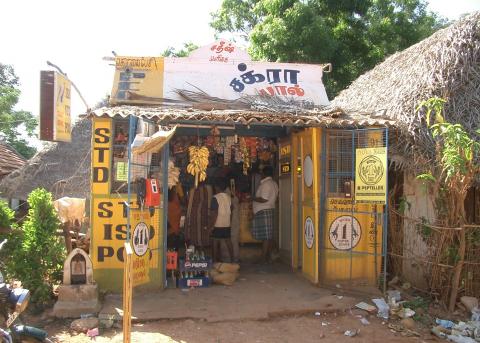
Although they sell vegetables, milk packets, and cigarettes; owners of small roadside grocery shops in southern India might be described as in the business of time-travel. Shopkeepers’ survival depends on their ability to successfully shift objects and obligations between multiple and conflicting temporal systems. Drawing on recordings of interactions gathered between 2005-08, Brown traces how shopkeepers use refrigeration, accounts of debt, and conversations with customers to negotiate and profit from temporal troubles. Shopkeepers are experts in a variety of fields ranging from customers’ dietary routines to the costs of transnational transit. Yet, in conversations with customers, shopkeepers regularly present themselves as ignorant of or in conflict with the temporal demands of others. These conversations serve both to make the speculative work of shopkeeping profitable and to make divisions of caste, class, and region a meaningful part of customers’ lives.
Bring a lunch or snack and join us!

